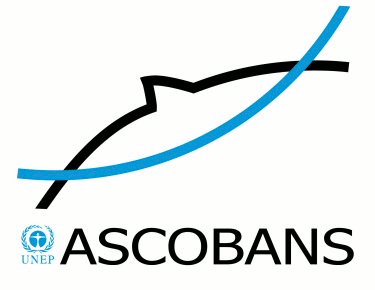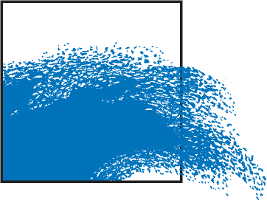The Agreement on the Conservation of Small Cetaceans (ASCOBANS)
In 1992 the ASCOBANS Agreement on the Conservation of Small Cetaceans (New York, 17 March 1992) came into being as a regional agreement under the auspices of the Convention on Migratory Species (Bonn Convention; United Nations, 1979). The Agreement was published in the Belgian Official Journal of 20 October 1993. After an extension of the area covered by the Agreement (in 2008), the name was changed to Agreement on the Conservation of Small Cetaceans in the Baltic, North East Atlantic, Irish and North Seas. The parties to the agreement are Belgium, Denmark, Germany, Finland, France, Great-Britain, Lithuania, the Netherlands and Poland.
ASCOBANS covers small cetaceans, or all the toothed whale species with the exception of the sperm whale. It does not cover large cetaceans because Norway (which was practising whaling at the time) intended to join (but in the end did not) and because large cetaceans are covered by the International Whaling Commission. The main objective of ASCOBANS is to improve research cooperation and assist measures to ensure the better conservation of small cetaceans, in particular through:
-
Coordination of research, including migrations, diseases, threats, important areas, standardisation of methods;
-
Identification of useful measures to conserve and manage living environments for small cetaceans; subjects include pollution, bycatch in the fishing industry, food issues, noise pollution, impact of shipping, etc.;
-
Development of a national network to help with cetacean strandings, focusing in particular on autopsies of stranded animals to determine the cause of death, take tissue samples for future research and build a database;
-
Creation of information programmes for the general public (reports and observations of cetacean strandings, raising awareness about the need for measures) and fishermen (awareness-raising, reporting bycatch and transfer of bycatch victims).
The Belgian Coast Guard Service has produced a brochure in the context of the ASCOBANS Agreement about what to do if you find protected marine animals (cetaceans included) at sea or on the beach.



